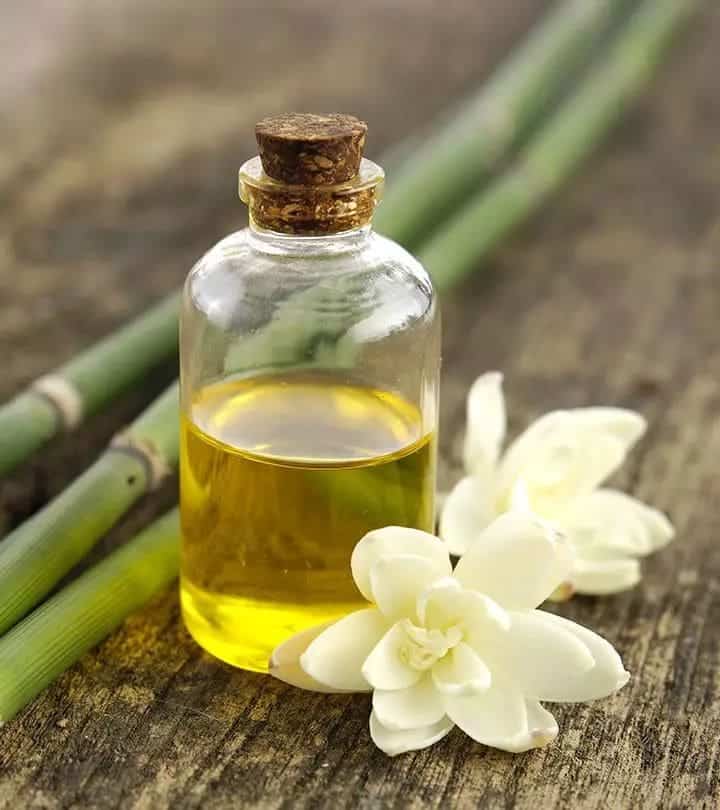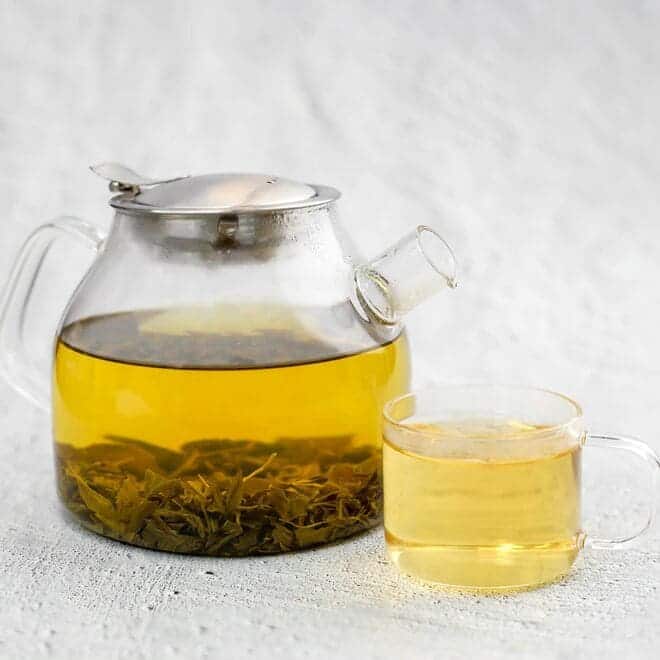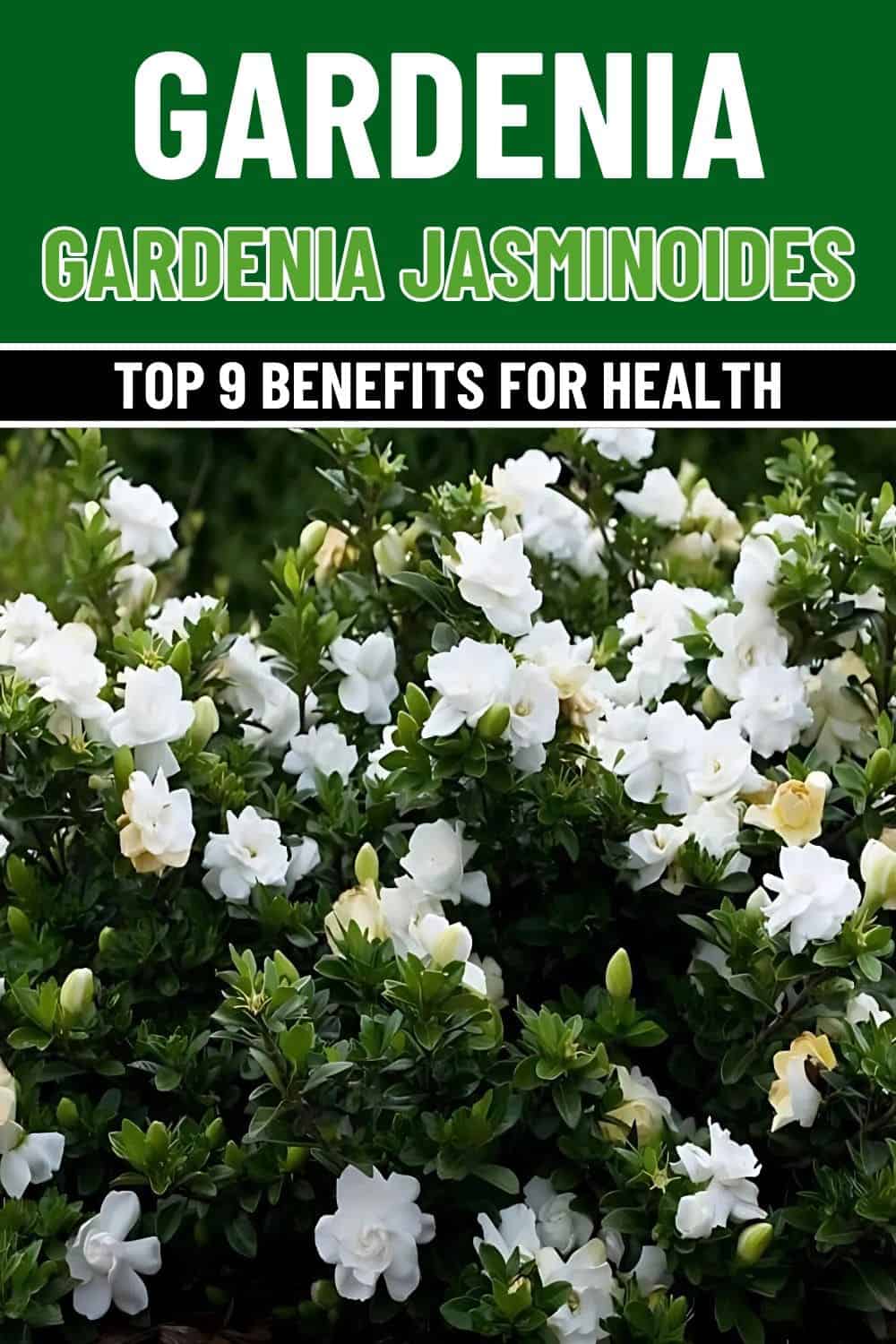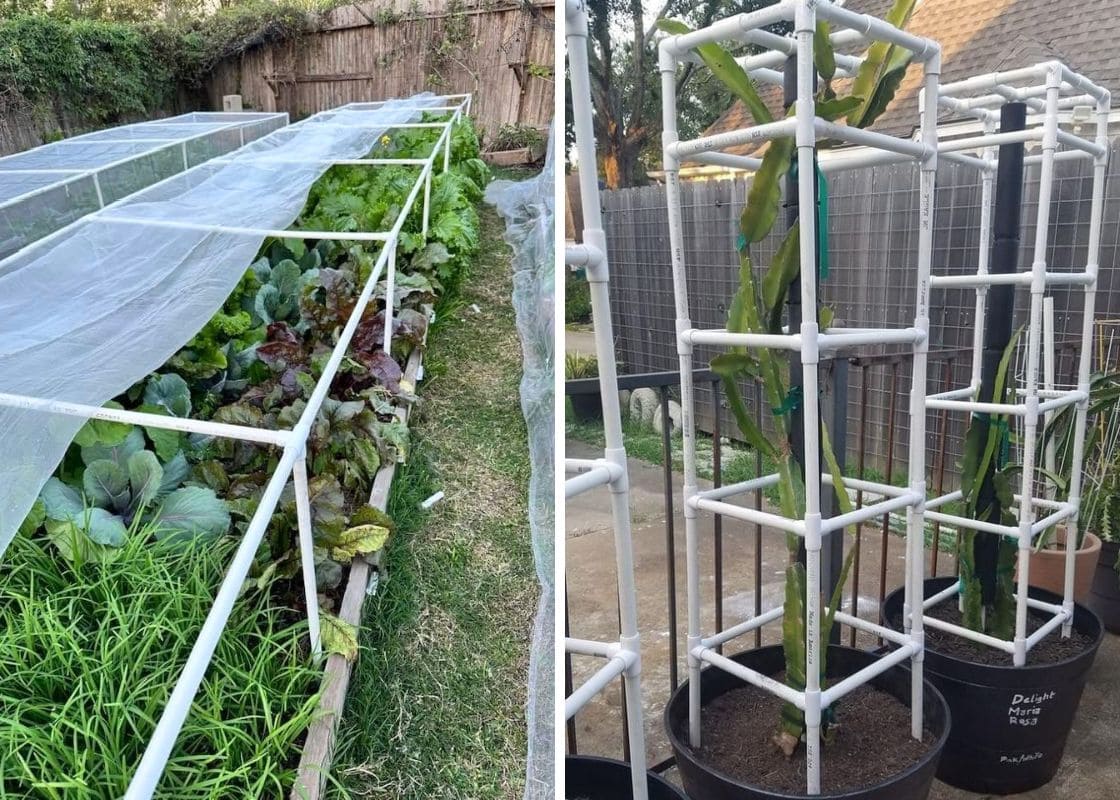Gardenia (Gardenia jasminoides), a fragrant flowering plant native to Asia, is beloved for its beauty and enchanting scent.
Beyond its ornamental appeal, gardenia has been a staple in traditional Chinese medicine for centuries, used to treat a variety of ailments.
Its flowers, leaves, and fruit are packed with powerful bioactive compounds that promote your health and well-being.
#1. Reduces Inflammation
Gardenia contains geniposide and crocin, two potent compounds with anti-inflammatory properties.
These compounds help combat inflammation throughout the body, making gardenia effective for conditions like arthritis, muscle pain, and chronic inflammation.

#2. Promotes Better Sleep
Gardenia has long been used as a natural remedy for insomnia and anxiety. Its soothing fragrance and sedative compounds like crocin calm the nervous system, promoting relaxation and improving sleep quality.
Research published in Evidence-Based Complementary and Alternative Medicine found that inhaling gardenia’s aroma improved sleep duration and reduced stress in participants.

#3. Supports Digestive Health
Gardenia is known for its ability to soothe digestive issues such as bloating, constipation, and indigestion.
A traditional remedy involves boiling gardenia fruit to create a decoction that alleviates your stomach discomfort and improves gut health.

#4. Enhances Skin Health
The antioxidants and anti-inflammatory compounds in gardenia help reduce redness, swelling, and irritation in the skin. Its antibacterial properties also make it effective against acne and minor skin infections.
You can use gardenia oil to promote collagen production, which enhances skin elasticity and reduces the appearance of fine lines and wrinkles.

#5. Boosts Mood and Reduces Anxiety
Gardenia’s enchanting aroma has a calming effect on the mind, making it an excellent natural remedy for anxiety, stress, and depression.
The plant’s fragrance stimulates the release of neurotransmitters like serotonin, which enhance mood and create a sense of relaxation.

#6. Regulates Blood Sugar Levels
Gardenia fruit contains geniposide, which has been shown to help regulate blood sugar levels and improve insulin sensitivity.
A study in the Journal of Medicinal Food found that geniposide improved glucose metabolism in diabetic mice, paving the way for further research on its effects in humans.
#7. Supports Liver Health
Gardenia’s detoxifying properties help protect the liver from damage caused by toxins and oxidative stress. The plant’s antioxidants, including crocin, reduce liver inflammation and support healthy liver function.

#8. Alleviates Respiratory Issues
Gardenia’s anti-inflammatory and antimicrobial properties make it an effective remedy for respiratory ailments such as cough, asthma, and bronchitis.
You just boil gardenia fruit in water and drink the warm decoction to relieve respiratory symptoms.

#9. Improves Cardiovascular Health
Gardenia’s antioxidants and anti-inflammatory compounds help protect the heart and improve circulation.
The plant has been shown to reduce blood pressure and lower cholesterol levels, both of which contribute to better cardiovascular health.
How to Use Gardenia Safely And Effectively
Gardenia can be used in various forms depending on your needs:
- Gardenia tea: You can brew dried gardenia fruit or flowers in hot water to create a soothing herbal tea.
- Essential oil: You use gardenia essential oil in a diffuser or dilute it with a carrier oil for topical application.
- Topical application: If you have any problems with skin, apply gardenia-infused oils or creams directly to the skin for hydration and healing.
Precautions and Side Effects
Although gardenia is considered safe for most people, you need to avoid gardenia supplements or high doses during pregnancy or breastfeeding unless advised by a healthcare provider.
In addition, you just consume 1–2 cups daily, made from 5–10 grams of dried fruit or flowers, or if you prefer essential oil, add 2–3 drops to a diffuser or dilute with a carrier oil before applying to the skin.
Disclaimer
This article is for informational purposes only and is not a substitute for professional medical advice.
Always consult with a healthcare provider before using gardenia, especially if you have underlying health conditions or are taking medications.







